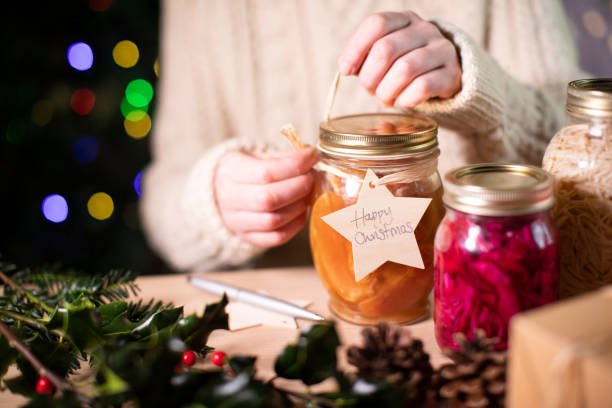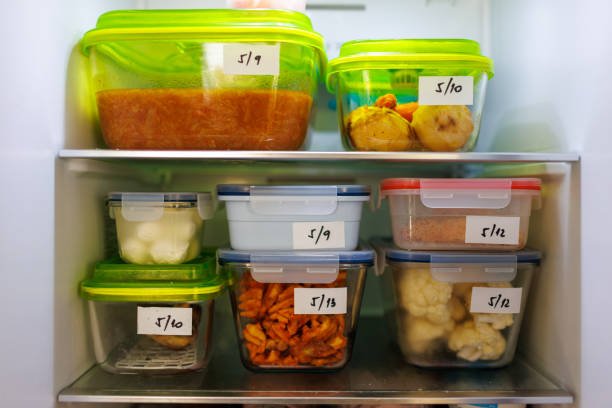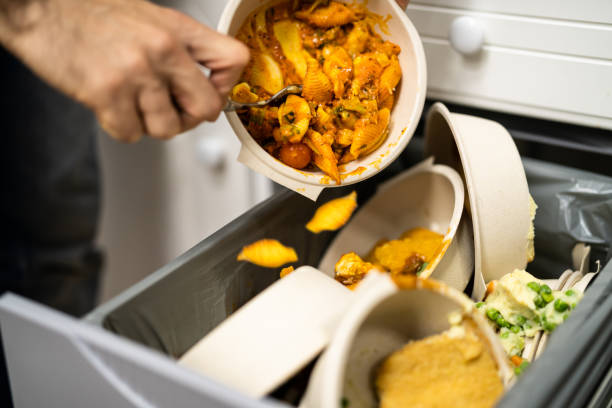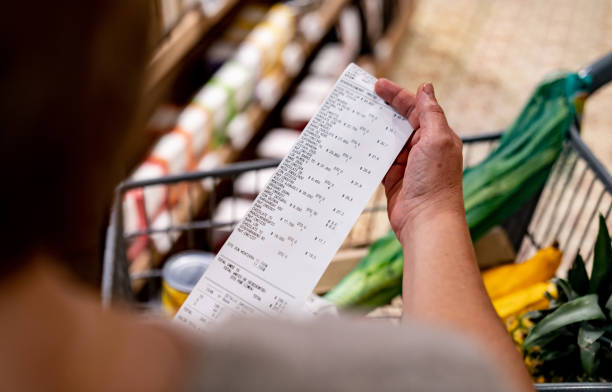9 Simple Storage Methods to Help You Reduce Food Waste
When we think about food waste, we tend to think of food that’s gone bad and had to be thrown out before its time. But did you know that food waste can start with how you store your food?
Proper storage not only helps you keep your kitchen tidy, but it also keeps your food fresh and tasty, so you can eat it when you want it rather than when it’s already spoiled.
Here are nine simple storage methods to help you reduce food waste at home.
1. Label and Date
Labeling and dating your foods can reduce food waste by as much as 80 percent. When you have unopened containers of bulk foods, label them with what’s inside and put a date on them.
That way, you can throw out anything that has passed its use-by date without having to worry about whether or not it was spoiled before then.
2. Freeze Your Leftovers
If you’re looking for an easy way to reduce food waste, freezing leftover meals is a great solution. From soups and casseroles to cooked meats and vegetables, most foods can be frozen.
If you have excess food in your fridge or freezer, freeze them for a day when you won’t have time to cook dinner from scratch or run out for takeout.
3. Use Glass Jars
Glass jars are great for storing dry goods, but they’re even better for storing fresh produce.

Any fruit or vegetable you can put in a Ziploc bag will store well in a glass jar, especially if you cut off as much of its air supply as possible by screwing on those lids tight and using all that excess space inside.
4. Toss the Fruit Flies
Fruit flies are often one of the first signs that food has gone bad. While they’re not harmful, they can quickly multiply in a matter of days and lead to unwanted waste.
Find out how you can avoid having fruit flies infest your leftover foods by keeping your leftovers in a sealable container with some air holes poked into it.
Once you’ve covered your food, keep it tightly sealed in plastic wrap and place inside a freezer-safe bag before storing in your freezer.
5. Store Vegetables and Herbs in Ice Water
Storing greens and herbs in ice water is a great way to keep them fresh for longer. Fill a bowl with water, add some ice cubes, place your greens into it, then cover with a plastic bag.
Keep your refrigerator cold at all times: It’s important to always maintain cold temperatures inside your fridge (ideally between 33 and 40 degrees Fahrenheit). This prevents bacteria from growing and keeps food safe to eat!
6. Don’t Toss Greens
Greens like spinach and Swiss chard have a shorter shelf life than other produce items, but they can be easily frozen. Simply remove stems, wash thoroughly and dry before placing in freezer bags or containers.
These greens will actually keep better than fresh greens if you freeze them right away; store-bought greens are often older and thus more prone to spoilage.
7. Keep Leftovers In The Freezer
Leftovers make great meals for unexpected days off work or a night you need something quick, easy and ready.

By freezing your leftovers, you’ll have an extra supply of meals that can be defrosted on a moment’s notice.
This is especially useful if you like using leftovers for lunches—freezing them ensures they’ll still taste as good when reheated as they did when freshly cooked.
8. Dehydrate Your Veggies
If you love your vegetables but don’t have room in your refrigerator for leftovers, consider drying them out.
Just wash and chop whatever produce you want to save, place it on a baking sheet or dehydrator tray, and pop it in a preheated (150-200 F) oven or dehydrator for an hour or two. The time will vary depending on what you are drying; some things may only need an hour while others may need several hours.
9. Rotate Your Stock
Like any other perishable food, certain foods are more likely to spoil than others. Meats can turn if they sit out at room temperature too long, while some veggies should never be refrigerated.
If you frequently buy a specific kind of produce, there’s a good chance you could be throwing away more than your fair share.












